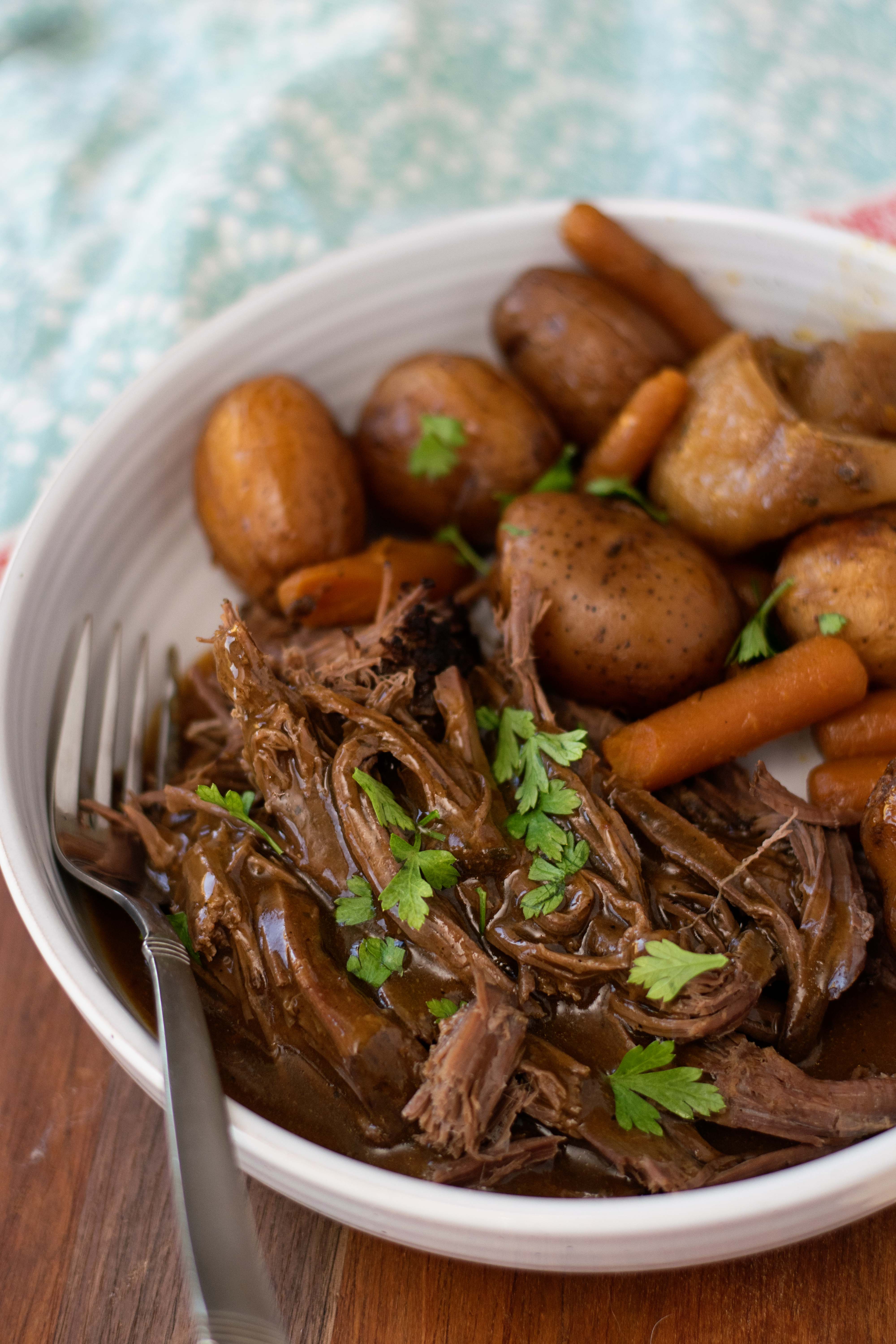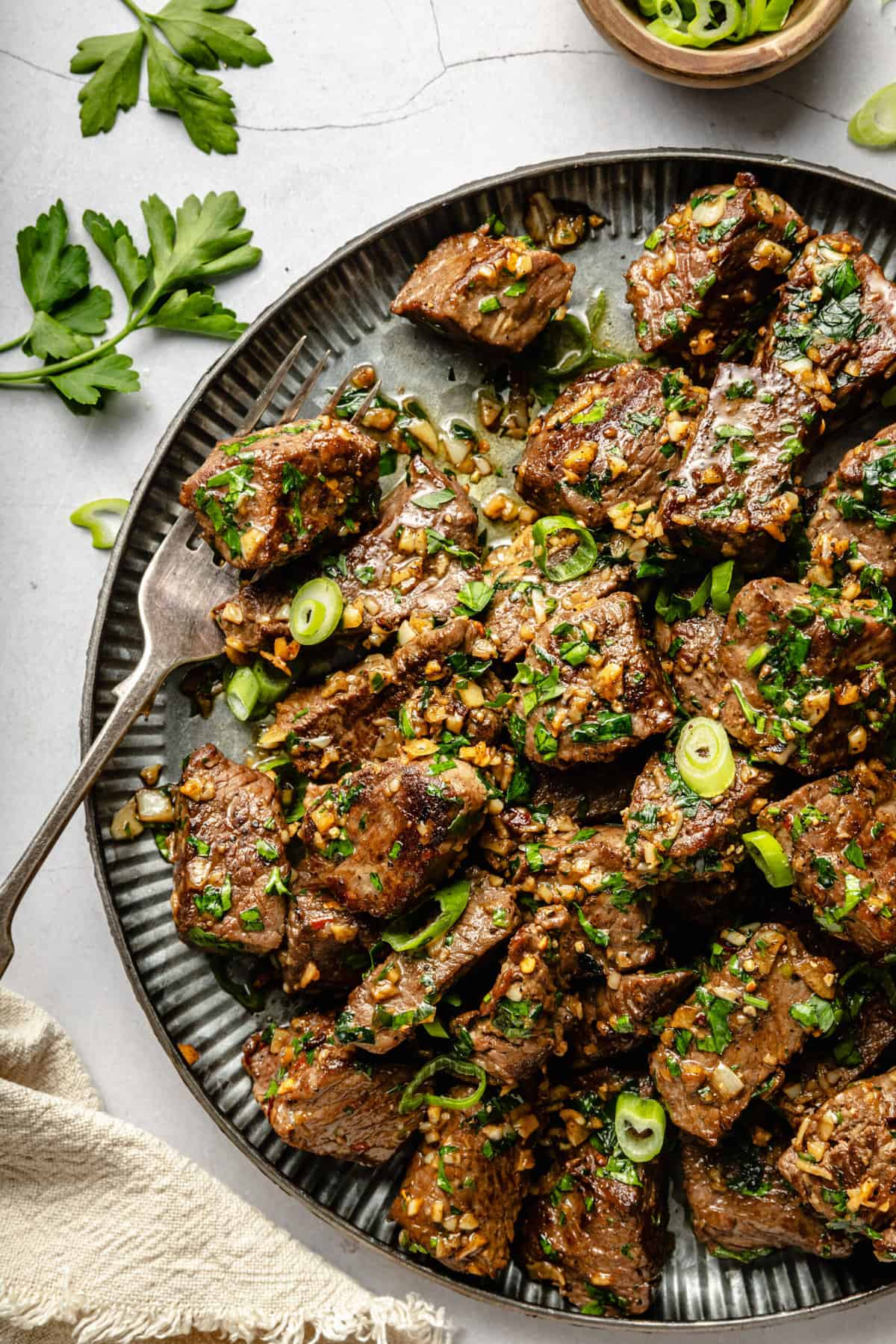Sourcing Sustainable and Morally Raised Meat for Your Home
Sourcing Sustainable and Morally Raised Meat for Your Home
Blog Article
From Ranch to Table: Fresh and Premium Meat Choices
The trip of meat from farm to table envelops an intricate interplay of high quality, principles, and sustainability. With an increasing emphasis on fresh and exceptional options, consumers are now a lot more likely to consider the beginnings of their food, resulting in a restored focus on lasting farming methods and pet welfare requirements. This shift not only improves the nutritional profile of meat however likewise supports neighborhood economic climates. Nonetheless, the implications of these options expand much beyond individual health and wellness and neighborhood farming. What does this mean for the future of food systems and consumer habits?
Recognizing Meat Sourcing
As customers come to be increasingly knowledgeable about the origins of their food, understanding meat sourcing has acquired critical importance. Meat sourcing entails mapping the trip of meat from ranch to table, incorporating numerous variables such as farming techniques, pet welfare, and environmental impact. This recognition equips customers to make informed options that straighten with their values, specifically concerning sustainability and moral considerations.
The sourcing of meat can differ considerably based upon numerous criteria, including the kind of animals, farming methods, and geographical area. Grass-fed beef frequently comes from pasture-based systems that promote pet welfare and reduce environmental destruction. Alternatively, traditional meat might involve intensive farming practices that elevate issues relating to antibiotic use and environment devastation.
Additionally, traceability plays an essential duty in meat sourcing. Recognizing the certain ranch or area where the meat stems aids consumers make sure quality and security. Several consumers currently look for certifications or labels that indicate humane treatment and lasting practices, showing a growing demand for openness in the food supply chain. Ultimately, understanding meat sourcing not just enhances customer choice however additionally fosters liable consumption and sustains moral farming practices.
Advantages of Fresh Meat
Choosing fresh meat supplies many advantages that prolong beyond flavor and appearance. Fresh meat commonly maintains greater nutritional worth compared to its frozen or processed equivalents. It is often richer in vital nutrients, such as B vitamins, iron, and zinc, which are essential for preserving general health and wellness.
Moreover, the sourcing of fresh meat commonly involves shorter supply chains, lowering the time in between farm and table. This means that the meat is much less most likely to lose its nutritional integrity throughout transport and storage space. In addition, customers can experience boosted preference and juiciness, which can elevate cooking experiences.
Fresh meat also provides a chance for consumers to sustain neighborhood farmers and advertise lasting farming methods. When buying from neighborhood resources, people can add to their regional economy and cultivate a better connection to the food they eat.
Lastly, fresh meat is typically cost-free from the preservatives and additives frequently discovered in processed alternatives. This makes it a cleaner, much healthier choice for those aiming to reduce their intake of fabricated active ingredients. Overall, the advantages of picking fresh meat include health and wellness, taste, and a sense of community involvement.
Pet Welfare Standards
Ensuring high pet welfare standards is essential for both moral considerations and the high quality of meat products. The treatment of animals straight affects not just the honest effects of meat manufacturing however also the total top quality and security of completion items. Pets raised in humane conditions are much less stressed, resulting in much healthier animals and, subsequently, exceptional meat top quality.
Rules and qualifications concerning pet well-being have become significantly significant in the meat industry. These frameworks ensure animals are offered with adequate room, appropriate nutrition, and humane handling throughout their lives. Practices such as pasture-raised systems and free-range atmospheres add to much better pet well-being by enabling animals to display all-natural behaviors, which is vital for their wellness.
Additionally, customers are becoming extra discerning relating to the resources of their meat, leading to a growing demand for products that comply with stringent pet well-being criteria. This change not just advertises ethical farming methods however likewise motivates manufacturers to take on procedures that boost the health and welfare of their animals. Meat. Ultimately, prioritizing animal welfare is not just an ethical imperative; it is likewise a path to generating premium-quality meat that fulfills consumer assumptions

Lasting Farming Practices
Sustainable farming methods play an essential role in enhancing both pet well-being and the top quality of meat items. These methods emphasize the significance of environmental stewardship, moral therapy of livestock, and source effectiveness. By executing rotational grazing, farmers can promote healthy and balanced field environments, allowing pets to eat nutrient-rich turfs while avoiding overgrazing. This technique not only supports animal wellness yet likewise enhances the soil, minimizing the requirement for artificial plant foods.
Furthermore, lasting farming usually integrates integrated bug management and natural feed options, lessening the use of harmful chemicals. This method not only safeguards animal wellness however likewise leads to cleaner, much safer meat items for customers. Water preservation techniques, such as rain harvesting and efficient irrigation systems, additionally add to sustainable methods, making certain that resources are made use of sensibly.
Furthermore, promoting biodiversity through polyculture systems and protecting environments for wild animals boosts the durability of farming communities. By focusing on these lasting methods, farmers can generate top notch meat that meets consumer click reference demand while promoting environmental balance. Ultimately, accepting sustainable farming practices is important for developing a much more liable and resistant food system that profits animals, farmers, and click here for more info customers alike.
Finding High Quality Over Amount
Frequently, customers are confronted with the problem of picking between amount and quality when it concerns meat products. While purchasing bigger quantities might seem economically useful, the lasting benefits of selecting premium meat far surpass the prompt cost savings. Quality meat is often sourced from animals increased in sustainable settings, where they are offered proper nutrition and care, causing remarkable taste and nutritional worth.
Top notch meats are normally free from harmful additives, hormones, and prescription antibiotics that are usually present in mass-produced options (Meat). This not only ensures a healthier eating experience yet also supports honest farming techniques that focus on animal welfare. Additionally, costs meats tend to have a better appearance and taste, improving the general culinary experience
Buying quality meat urges consumers to value smaller sized parts, enabling an extra mindful method to consuming. This change not only influences individual wellness favorably however also advertises sustainable consumption patterns that can benefit the setting. Finally, focusing on quality over amount when selecting meat items fosters a much more responsible and health-conscious way of life, ultimately enhancing both the dining experience and the world.
Verdict

Report this page